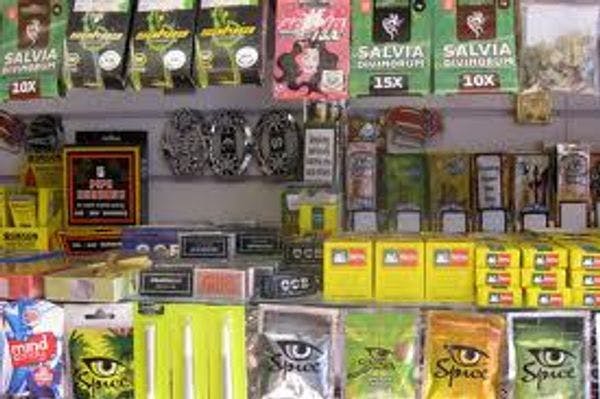Portugal prohíbe los euforizantes legales
Portugal, como otros países europeos, debe abordar el fenómeno de los euforizantes legales. Desde que se abrió la primera ‘smart shop’ en 2007, este tipo de establecimientos especializados se han multiplicado y ahora suman más de cincuenta, repartidos por todo el país. Más información, en inglés, está disponible abajo.
Suscríbase a las Alertas mensuales del IDPC para recibir información sobre cuestiones relacionadas con políticas sobre drogas.
Portugal, like other European countries, is having to come to terms with the phenomenon of legal highs. Since the first 'smart shop' opened in 2007, such specialist outlets have proliferated, now numbering more than fifty scattered around the country.
The drug-checking service, which is run by APDES and co-funded by the Portuguese High Commissioner for Health, first detected mephedrone in 2009, being sold as plant food, and clearly labelled “not for human consumption”. Alongside mephedrone, the sale of other new psychoactive substances also grew, such as synthetic cannabinoids marketed as incense, or other cathinones like methylone and MDPV.
Lately these substances have been gaining prominence due to some incidents reported in the media, mainly involving young people who experienced panic attacks and feelings of discomfort. Some deaths related to the use of these substances have been reported, but no causal link has yet been established.
Read the full article.
Keep up-to-date with drug policy developments by subscribing to the IDPC Monthly Alert.
